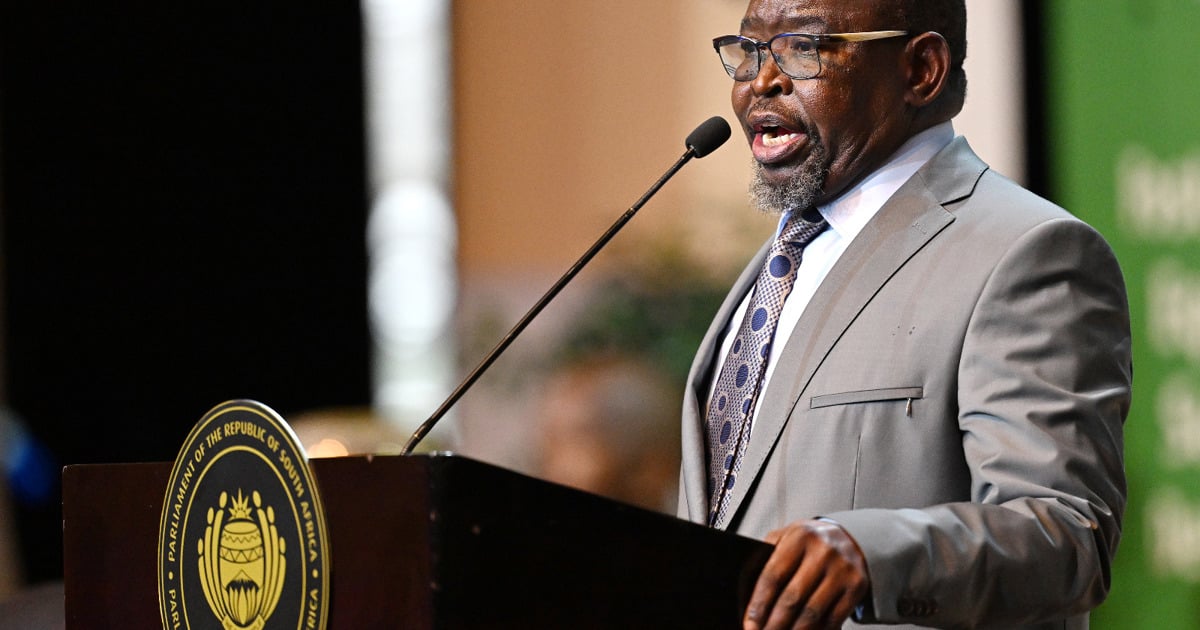Israel Faces Budget Balancing Act: Defence Needs vs. Civilian Priorities for 2026

The Israeli Finance Ministry is navigating a complex budgetary challenge as it plans for 2026, requiring a delicate balance between bolstering national defence and investing in crucial civilian services. A senior ministry official recently highlighted the need to keep the budget deficit within a sustainable 4% of Israel's Gross Domestic Product (GDP) to ensure long-term economic stability.
The Defence Imperative: A Rising Cost
Geopolitical tensions in the region continue to necessitate significant investment in Israel's defence capabilities. Recent events have underscored the importance of maintaining a strong military and robust security infrastructure. This translates to a substantial portion of the national budget allocated to defence spending, encompassing advanced weaponry, intelligence gathering, cybersecurity, and personnel training. The ongoing conflict and potential future threats are driving up these costs, putting pressure on other areas of the budget.
Civilian Needs: A Growing Demand
However, neglecting civilian needs would be detrimental to Israel’s long-term prosperity and societal well-being. There's increasing demand for investment in areas like healthcare, education, infrastructure, and social welfare programs. A thriving economy relies on a skilled workforce, a healthy population, and a robust infrastructure. Furthermore, addressing social inequalities and providing adequate support for vulnerable populations is crucial for maintaining social cohesion and stability.
The 4% Deficit Target: A Tightrope Walk
The Finance Ministry's target of a 4% deficit-to-GDP ratio represents a crucial benchmark for fiscal responsibility. Exceeding this limit could lead to increased borrowing costs, inflation, and a potential erosion of investor confidence. Achieving this target while meeting both defence and civilian priorities requires careful planning, strategic allocation of resources, and potentially, difficult choices regarding spending cuts or revenue generation.
Potential Solutions and Challenges
Several potential solutions are being considered to strike this balance. These include:
- Economic Growth: Fostering a dynamic and competitive economy is key to increasing government revenue, providing more flexibility in budgetary allocations. This involves supporting innovation, attracting foreign investment, and promoting entrepreneurship.
- Efficiency Improvements: Streamlining government operations and improving efficiency can free up resources for both defence and civilian spending.
- Tax Reform: A review of the tax system could identify opportunities to broaden the tax base and increase revenue without stifling economic growth.
- Prioritization: A clear and transparent process for prioritizing spending across different sectors is essential. This requires careful consideration of national security needs, social priorities, and economic imperatives.
The challenge lies in implementing these solutions effectively and navigating the inevitable political pressures that arise when making difficult budgetary decisions. Finding common ground and building consensus among different stakeholders will be crucial for ensuring a sustainable and equitable budget for Israel in 2026 and beyond.
The Finance Ministry's efforts to balance defence and civilian spending while maintaining fiscal discipline will be closely watched by economists, policymakers, and the public alike. The outcome will have a significant impact on Israel's economic future and its ability to address the challenges and opportunities that lie ahead.






